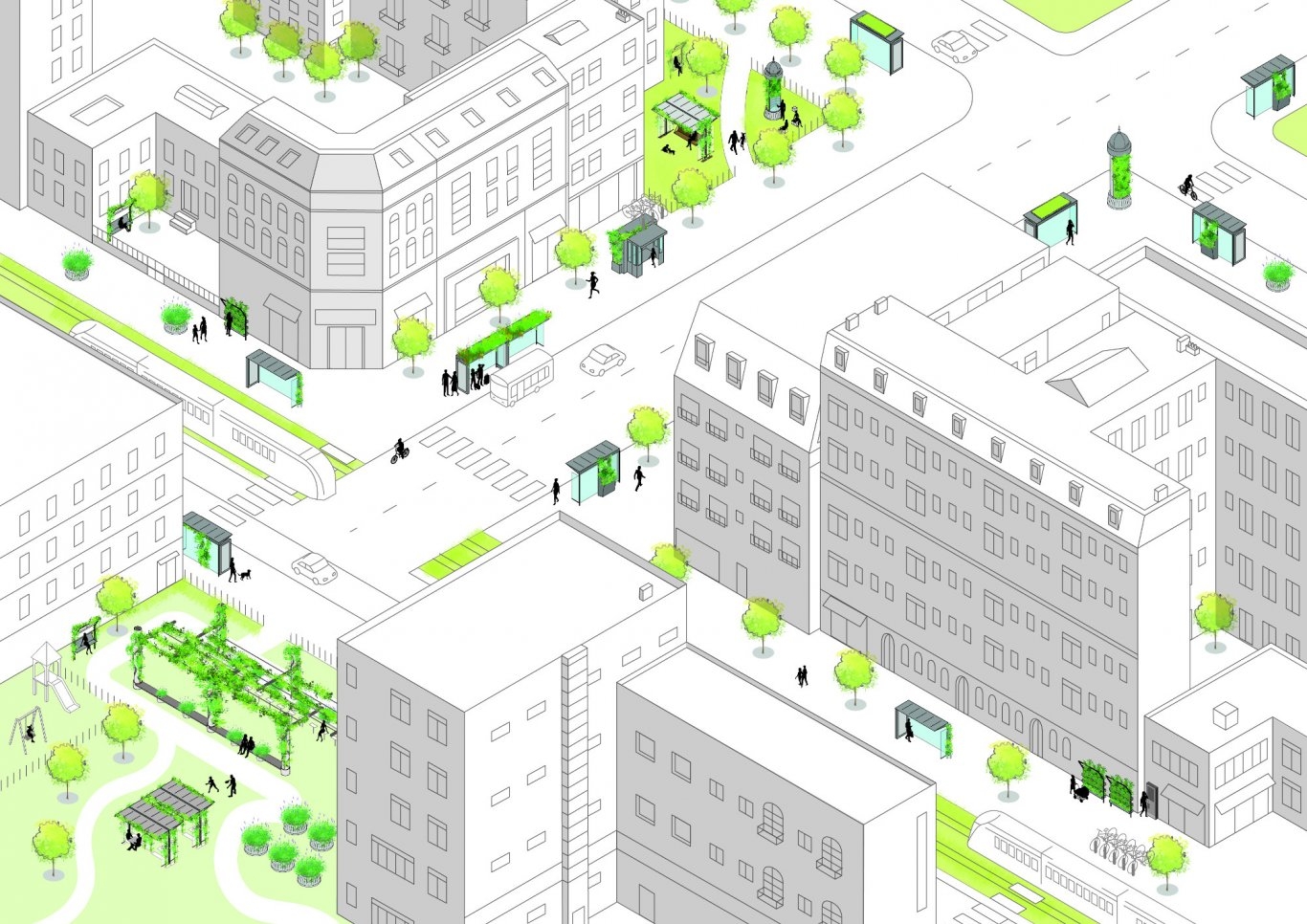By continuing to use this site, you agree to receive cookies/similar technologies to measure visits, view videos and use social sharing buttons. Find out more and change your cookies settings.
Message from the co-CEOs
Sustainable Development is much more than an environmental necessity, it is a tremendous lever for economic and social growth, opening up the field of possibilities in terms of new services for users.
Since the creation of our company, Sustainable Development has been at the core of our commitment.
It first translated concretely into proactive and continuous actions in terms of quality and environment management, then in 2014 into a global approach to environmental, social and societal responsibility.
Sustaining our practices and current commitments, and driving momentum to continue to meet the vital challenges for human development and the planet: these are the objectives of our new strategic roadmap for 2030.
Our 2030 ESG Strategy
Brochure on our 2030 ESG StrategyDEVELOP FURNITURE AND SERVICES | ACTIVELY CONTRIBUTE | BE A RESPONSIBLE EMPLOYERGuarantee respect for fundamental social values Promote an exemplary Health & Safety culture Support employee growth and development Foster diversity and inclusion |
PROMOTE RESPONSIBLE | CURB OUR OTHER | CONDUCT BUSINESS |
Our key objectives
-

SYSTEMATISE ECO-DESIGN by enriching our eco-design policy by 2022
-

CODE OF ETHICS FOR ADVERTISMENT DISPLAY 100% of our countries implement and apply the Code's principles by 2022
-

ZERO WASTE LANDFILLING vs. total waste in countries with suitable facilities by 2035
-

100% RENEWABLE ENERGY 100% of our electrical consumption covered by renewable energy sources by 2022
-

30% OF ESG CRITERIA included in suppliers qualification and assessment as of 2023
-

40% OF WOMEN within our executive management committees by 2027
An approach in place for more than 20 years
Our support to the UN Sustainable Development Goals
Through our Strategy, our day-to-day operations and our solutions supporting the emergence of smart and sustainable cities and mobility, we are contributing to 14 out of the 17 Sustainable Development Goals (SDG) set by the United Nations.
Download below a note detailing our contribution (2022 edition on 2021 performance):
Our contribution to the UN's SDGs 2021

